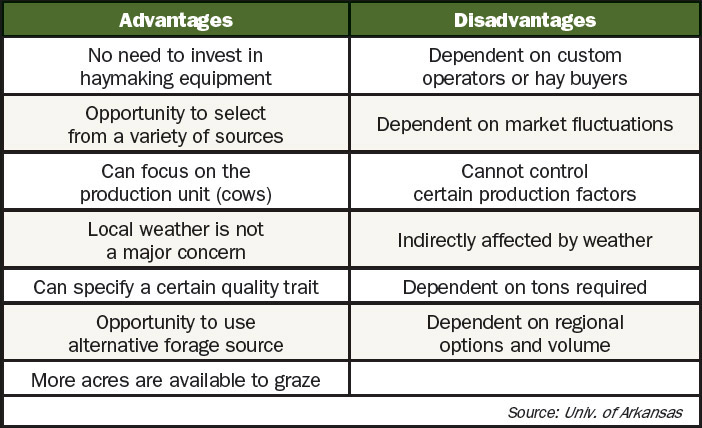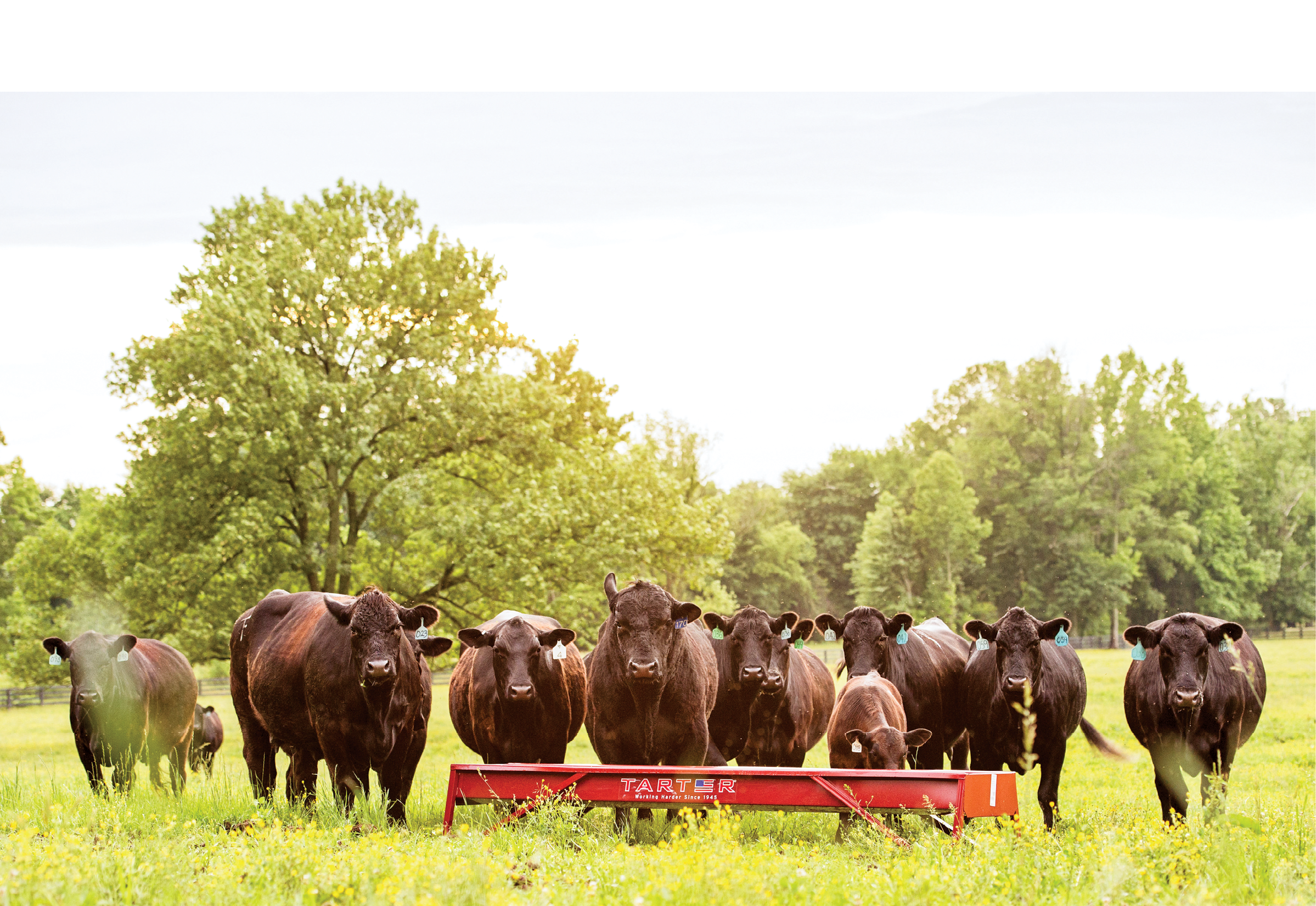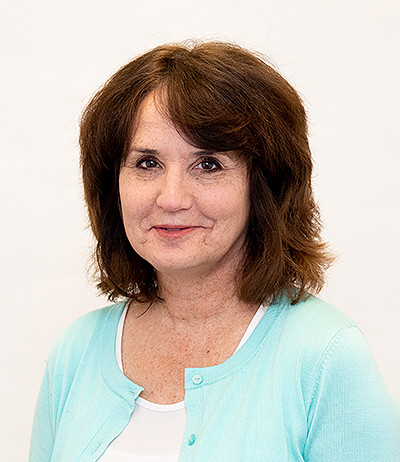Rural lifestylers with livestock operations offer sales opportunities, since they need equipment to feed their herds as well as manage their properties. The challenge is that their smaller number of acres often don’t justify purchasing hay production equipment.
“We tell them to purchase as little equipment as possible because most people can’t fully exploit the production capacity of equipment such as balers. Typically, we suggest they hire somebody for their hay baling and herbicide applications,” says Dr. Larry Redmon of Texas A&M Univ. Redmon oversees the Ranch Management Univ., a 4-day clinic for those who are new to livestock production.
Many dealers agree that small livestock operators often cannot justify the costs and many don’t have the knowledge necessary to operate the hay equipment. However, there are still other ways dealers can sell to and serve livestock operators. There are also opportunities for dealers to specialize in compact hay equipment targeted to the rural lifestyle market.
Appealing Lifestyle
Jason Gouge, corporate sales manager for Coufal-Prater, a John Deere dealership with 5 locations in Central Texas, says beef herds dominate the small livestock operations in his area. “We have some hills and prairie land. It’s ideal for cattle. If you have 1 cow and 1 bull, you’re in the cattle business,” he says. “The cattle auction market is one of the few remaining markets in agriculture where the small guy might have the same opportunity for buyers as the large operator.”
He says the number of livestock operations in his area has remained steady to maybe down, reflecting the economy. “Most ‘weekend operators,’ unless they have a lot of disposable income to invest in ag equipment, do not own their own hay equipment. The economics for reasonable payoff may not add up,” Gouge says. However, they are investing in equipment to move that hay around their operation.
Recommending a Package
Gouge says this is the first question he asks a customer who is raising livestock, “ ‘Do you plan to move round bales?’ If they’re lifting round bales that guides us into the right size of tractor to recommend.”
“Don’t always assume they are looking for used equipment…”
He says a good setup for the small livestock operator is a tractor in the 45-75 horsepower range, a loader and bucket, plus a hay spear for the back and another spear to interchange with the bucket. Gouge says he and the sales team also emphasize safe operation, including having enough tractor weight to lift and move the hay bales safely. “John Deere builds weight into the components of its tractors, such as the axles and frames, so the tractors we sell in many cases won’t require as much extra weight to be added,” he says.
Gouge says they demonstrate safe operation of the equipment as well. They recently
Building Sales
Dr. Larry Redmon heads up Texas A&M Univ.’s Ranch Management Univ., a 4-day clinic that targets new or inexperienced ranchers and landowners. He advises the participants that they don’t need a lot of equipment to raise livestock. His advice to dealers: “Be careful about overselling.” However, he does say that by building a relationship, a dealer can sell more equipment as the operation grows.
“They start getting a few more cows and they might want to speed up winter feeding jobs. Now, instead of an open cab tractor, they want a closed cab tractor with two bale spears to help speed up feeding,” Redmon says.
His other advice to dealers: “Routinely offer safety courses. In today’s litigious climate, I would insist for a person who has never owned a tractor, that you spend time with them and get them familiar with how to operate a tractor.”
started holding a “Tractor College” for rural lifestylers. They also present information at Texas A&M’s Ranch Management Univ. and demonstrate safe operation when the equipment is delivered. (Read more about Coufal-Prater’s safety education programs.)
“We ask all the questions necessary to eliminate any uneasiness. Tractors have a lot of power and there are some basic things that any first-time user really needs to understand,” he says. “We offer to come out to their place or let them practice in the middle of our field, in a safe environment. You can learn to be an accomplished operator in a short time if you learn good habits,” he says. “We listen to the customers’ needs and at the same time advise them so that they will make the best choice to meet their expectations. A tractor is engineered and designed to do certain things and the buyers need to understand this and they should follow the operator’s manual. Beyond that, we take our job as being a consultant to the customer as one of the most important things we can do,” Gouge says.
Meeting Budget
Roudebush Equipment is near the metro Indianapolis area, so Bryan Roudebush says his dealership has transitioned completely out of the production agriculture market and about half of his business is to rural lifestylers. “Some people get a whim and want to start raising cattle or build a barn and start boarding their own horses. They might have handled small bales before, but they have never operated a tractor with a loader and have no experience in the haymaking process.”
Roudebush is a Massey Ferguson, Bush Hog and Dirt Dog dealer and mostly recommends tractors in the 50-60 horsepower range to customers raising livestock. Roudebush offers discounts on new tractors to his livestock customers through Massey Ferguson’s Equine Savings program. The program targets horse farms and other customers and offers equipment discounts and rebates.

Small Farm Innovations, Caldwell, Texas, specializes in compact baling equipment for the rural lifestyle market, such as this 2x2 mini round baler from IHI Star, shown here with LS Tractor’s G3033 model. The baler produces 60-pound round bales.
He says many of his rural lifestyle customers are not buying their own hay equipment, such as balers, and instead they hire farmers to put up the hay from their small pastures or just buy hay. Roudebush tries to be part of that arrangement by being a resource and referring customers.
When he is selling to rural lifestylers, he doesn’t push a tractor/attachment package. “It’s hard to get customers to come to us first for attachments since Rural King and Tractor Supply are in our area. They ‘price shop’ and quality vs. price is something they are not researching,” Roudebush says.
For those customers who express interest in attachments for livestock and other operations when purchasing a new or used tractor, Roudebush works to make the equipment’s price as attractive as possible. “We try to price attachments on a cost-plus basis. We give them a purchase timeframe, so if they aren’t sure or know they will want to add something later, we honor the pricing.”
Roudebush says there are some small livestock operators that purchase older hay equipment at auctions and then come to the dealership for repairs. “Sometimes, that’s the first time I’ll meet a customer. These purchases often don’t have a lot of forethought. The price might be right, but they don’t have any idea what might be wrong with it.”
Matt Smith, general manager of Mason Tractor, Cumming, Ga., says most of the livestock customers in his area are horse boarding operations. Mason Tractor has 3 locations and carries New Holland, Kubota, Dirt Dog and Land Pride. “We have mainly higher-end horse barns. Our average horse farm is 4-6 acres. We still have a few cattle farmers and our poultry production is down. We have seen a few sheep farms and a few alpaca farms.”

Eric Cornell is a salesperson with Empire Tractor, Cortland, N.Y. He says he incorporates safe operations into his sales discussions.
He says selling packaged equipment works best for his small livestock operators. “The average size of a Kubota we sell is 35 horsepower and about 18 out of 20 will have loaders. The package might also include some kind of attachment, like a Dirt Dog scrape blade or a Land Pride rotary cutter.
“With 0% financing from Kubota, a lot of people buy a whole package. If they’re paying cash, they just buy what they need and then might come back to buy a blade,” Smith says. Their small livestock customers are not buying hay equipment, though. “Instead of making hay, they’re moving it,” he says. “We do sell a bunch of utility vehicles. People throw hay bales in the back of their Kubota RTVs. Most horse farms have a tractor and an RTV.”
Don Crone, manager of K&R Equipment, West Point, Neb., says compact tractors and loaders are the mainstays for their sales to livestock operations. The dealership carries Massey Ferguson, Hesston and Great Plains. Price is always a factor for the smaller operator. “When they come in they have a dollar amount in their head. They just don’t come in blind because this is a rural area.
“We have a variety of ages that come in. We have retired guys who have used equipment in the past and they know exactly what they are looking for and we start talking about the size of loaders. The large acreage owners are doing their homework online, but they still have to figure out tractor and loader size and we help match that up.

“The guy who is just starting to raise livestock can’t afford the newest tractor. It all boils down to dollars,” Crone says. His experience helps the transaction. “If they ask your opinion, that’s a compliment.”
Promoting Features
Eric Cornell, salesperson for Empire Tractor, Cortland, N.Y., says his small operators may buy hay equipment at auctions, but seek out new tractors. The dealership has 6 locations and carries New Holland, Case IH, Kubota, Woods, Great Plains and Stihl. “With the baler, they can find one for a third or half the price at an auction, so they buy a used one since they use it for only so many days in a year. With the tractors, the smaller operators like new because they want it to work when they come home from work.
“A lot of them like the hydraulic shuttle transmission. Most want a loader and they also want two sets of remotes. Then it’s ready to run everything they want to do. If they’re looking to buy new attachments in the future, the tractor is already set up.”
Safe operation follows along with the feature discussions. “We show them how to operate the loader, how to keep it close to the ground and be aware of lift capacity. We also show them how to attach or take off the loader. Our sales guys go over it all here and then do a refresher when we get to their place, so they become very familiar with the equipment.”
Don’t Assume
Brent Phelps, sales manager and one of the owners of H.D. Cline Co., Iowa City, Iowa, says his team helps customers with long-term planning.

Brent Phelps is sales manager and one of the owners of H.D. Cline Co., Iowa City, Iowa.
The dealership has 3 locations and carries Case IH, Cub Cadet, Dixie Chopper and Woods Equipment. “If it’s a completely new customer, I expect the sales guy to go out to his property and talk about his goals so the equipment doesn’t become outdated quickly.
“Don’t always assume they are looking for used equipment. That used to be the stigma, but it’s just as common for the smaller guys to buy new and keep the equipment for longer periods of time. To me, these guys are more passionate since they are using their free time to do this,” he says.
Consider Specializing
Phil Livengood, Small Farm Innovations, Caldwell, Texas, says he is one of those small farmers who hired others to bale his hay. “At our small farm in Central Texas, I learned the hard way that small acreage farmers like us have a difficult time trying to get contractors to bale hay when the time is right. What happens most of the time is contractors would bale when it is convenient for them and the result was poor quality hay at a very inconvenient time,” he says. “I had 6 acres and couldn’t justify $72,000 or more for a tractor, cutter, rake and baler.
“We studied the market potential and decided to become distributors for the compact hay balers. I found that the smaller hay equipment not only was a better fit for our 21 and 26 horsepower tractors, it was much easier and less expensive to move from one field to the next and the maneuverability was much easier in hay fields which had many obstacles,” Livengood says.
Weighing Advantages, Disadvantages of Buying Hay
Small livestock operators may not be able to justify purchasing hay equipment and choose to purchase hay instead or hire someone to bale their hay. Here is information from the Univ. of Arkansas that can help your salespeople discuss with customers the advantages and disadvantages of buying hay.

He is now a distributor for IHI Corp. of Japan for compact balers and is a dealer for Zetor, LS Tractor, Land Pride, Tonutti and other lines.
“Our customer age is between 30 and 75 years old and 99% of them have never baled hay. That’s why we put on baling schools to give them the opportunity to run the equipment, men and women both.”
Livengood says he works with many rural lifestylers who have bought used equipment at auctions. “There’s nothing wrong with buying something used. But the entry level person who buys at an auction may not be mechanically inclined and here comes the rain and they can’t get their hay baled.”
Livengood says his customer service has to be 24/7, 365 days a year. He has developed customer videos, has trained his dealers on the IHI product and does a lot of phone support. “Our customers work Monday through Friday. They cut hay on Thursday, let it dry on Friday and Saturday and bale on Sunday. Sunday is our busiest day.”
Livengood says equipment sales have declined slightly from last year, but not like the low sales levels during the recent recession. “Our sales pick up between March and June, slow way down between July and August and then pick up again from September into Thanksgiving. At that time, they may have been waiting all year for someone to cut their hay, so it gets pretty crazy when they decide to do their own.”






Post a comment
Report Abusive Comment